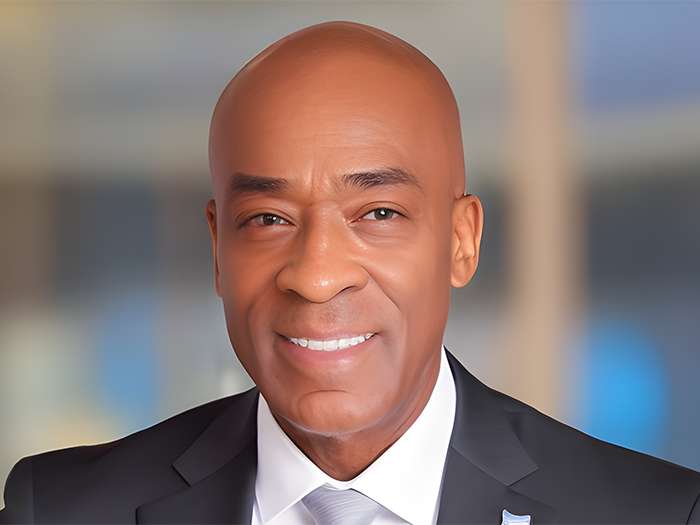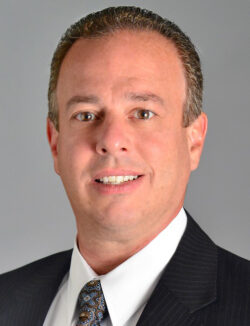Digital Tools Put Medical Advice — and the Risk of Confirmation Bias — in Everyone’s Hands
Once upon a time in the realm of medical care, a curious phenomenon emerged – the emergence of “Doctor Google” and his faithful sidekick, “Doctor Confirmation Bias.” Many treating physicians found themselves confronted by patients who had already consulted the omniscient Doctor Google and received a diagnosis confirmed by the ever-loyal Doctor Confirmation Bias.
The trouble with Doctor Google? He had a penchant for offering a menu of diagnoses, leaving patients to play a game of medical roulette. And wouldn’t you know it, once a diagnosis was selected by the patient, Doctor Confirmation Bias was quick to give it a stamp of approval.
In an effort to keep Doctor Google up to date, there’s been talk of sending him back to AI Medical School. In the meantime, a new generation of medical interns are now graduating from the School of Social Media (Silicon Valley Campus).
The new class includes Doctor QuillBot, Doctor Alexa, Doctor Character.AI, and their esteemed valedictorian, Doctor ChatGPT. These fresh-faced interns are eager to make their mark in the medical world, though they occasionally find themselves grappling with hallucinations from the outdated medical information they’ve ingested, reminiscent of the biases and inconsistencies of the swinging ’60s.
While AI technology holds promise in improving diagnosis and treatment, it must be used as a complement to, rather than a replacement for, human medical expertise.
Helping all the doctors in the system is Nurse Large Language Model, the unsung hero of the medical world.
While the doctors and interns are busy diagnosing patients, Nurse Large Language Model quietly works behind the scenes, organizing medical records, extracting key insights, and preparing information for diagnosis. With a keen eye for detail and a knack for data organization, Nurse Large Language Model ensures that all parties have the information they need to make informed decisions.
To help obtain an accurate medical history, we have Nurse Practitioner Chat Bot, who is a trusted ally in the quest for accurate diagnosis. As patients navigate the maze of symptoms and medical history, Nurse Practitioner Chat Bot stands ready to assist, guiding them through a thorough and comprehensive assessment.
With a gentle demeanor and a wealth of medical knowledge at its virtual fingertips, Nurse Practitioner Chat Bot skillfully extracts pertinent details, ensuring that no stone is left unturned in the pursuit of an accurate diagnosis.
By engaging patients in meaningful dialogue and probing for relevant information, Nurse Practitioner Chat Bot plays a crucial role in laying the foundation for effective diagnosis and treatment planning. Its tireless dedication to gathering accurate and complete patient histories serves as a cornerstone of quality care, empowering health care providers with the insights they need to make informed decisions and deliver optimal outcomes.
A problem may occur if patients continue to use these doctors as their primary care providers. While the quality of these new doctors will improve with experience, relying solely on AI doctors for primary care could exacerbate confirmation bias issues and lead to potential misdiagnoses. Patients may unwittingly reinforce their preconceived beliefs by selecting diagnoses that align with their expectations, inadvertently perpetuating the cycle of inaccurate self-diagnosis.
While Doctor Google and other online sources can provide valuable information and support for patients seeking health-related information, they can also pose challenges, including the potential for confirmation bias and its impact on diagnosis and treatment.
Studies have shown that patients who self-diagnose using online resources may be susceptible to confirmation bias, selectively focusing on information that confirms their preconceived beliefs or desired diagnosis. This can lead to misinterpretation of symptoms and inaccurate self-diagnosis, much to the frustration of health care providers.
The advent of the new AI Doctors offers a glimmer of hope in the battle against misdiagnosis and confirmation bias. However, they will not replace the front-line treating physician.
As with all medical professionals, as they gain experience, their quality will go up. These new doctors can revolutionize medical diagnosis, offering personalized responses, continual learning, and integration with health care data to support more accurate and efficient diagnoses.
With a little help from the recent graduates from the AI School in the College of Social Media, health care providers may finally have the upper hand in the fight against Doctor Confirmation Bias and his mischievous antics.
So, as we embark on this brave new world of AI-driven health care, let us remember to approach online medical information with caution, to trust in the expertise of our health care providers, and to be vigilant against the potential pitfalls of relying solely on AI doctors for primary care.
While AI technology holds promise in improving diagnosis and treatment, it must be used as a complement to, rather than a replacement for, human medical expertise.
By maintaining a balanced approach and leveraging the strengths of both AI and human health care providers, we can navigate the challenges of confirmation bias and misdiagnosis, ultimately leading to better patient care and outcomes. For in the end, it may just be the perfect prescription for a healthier, happier future. &










